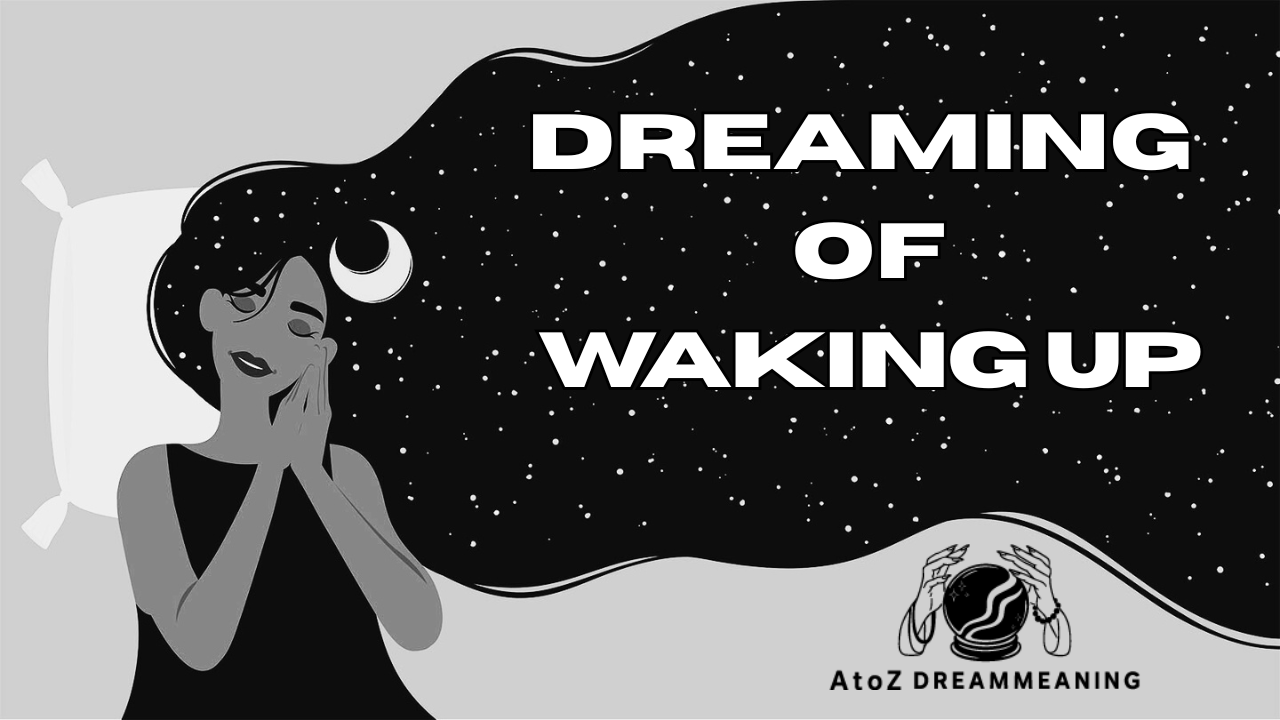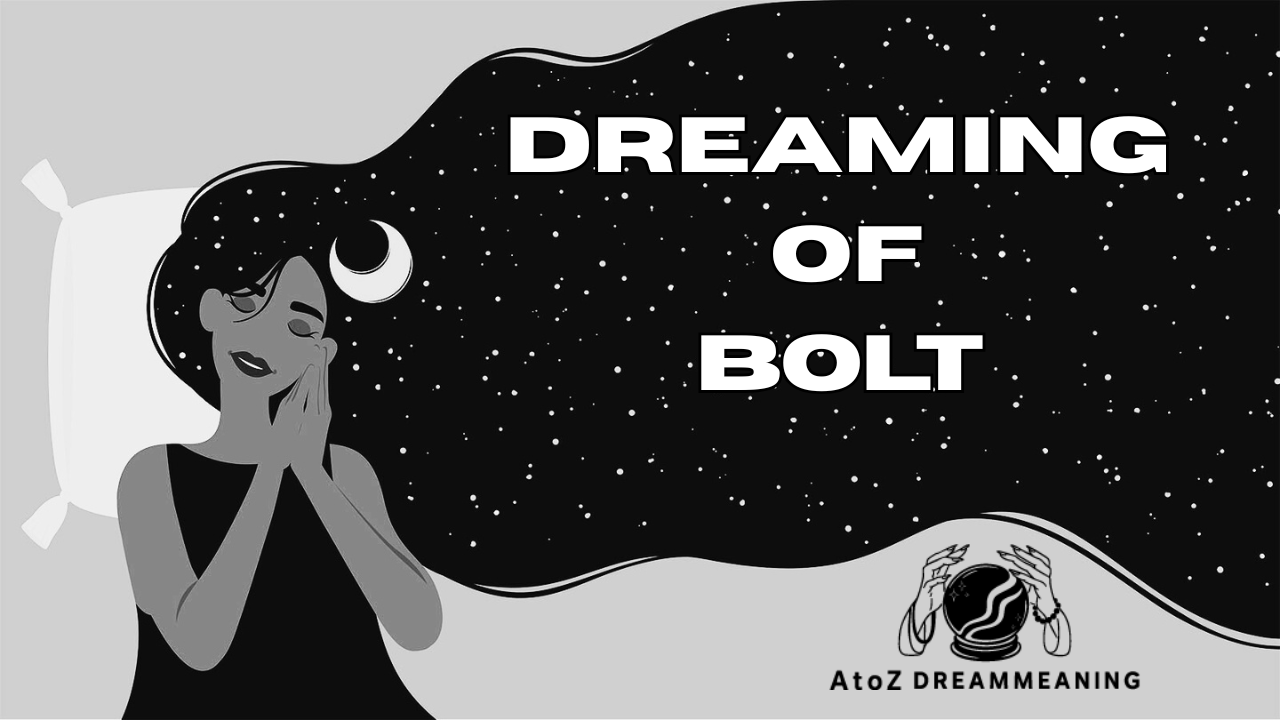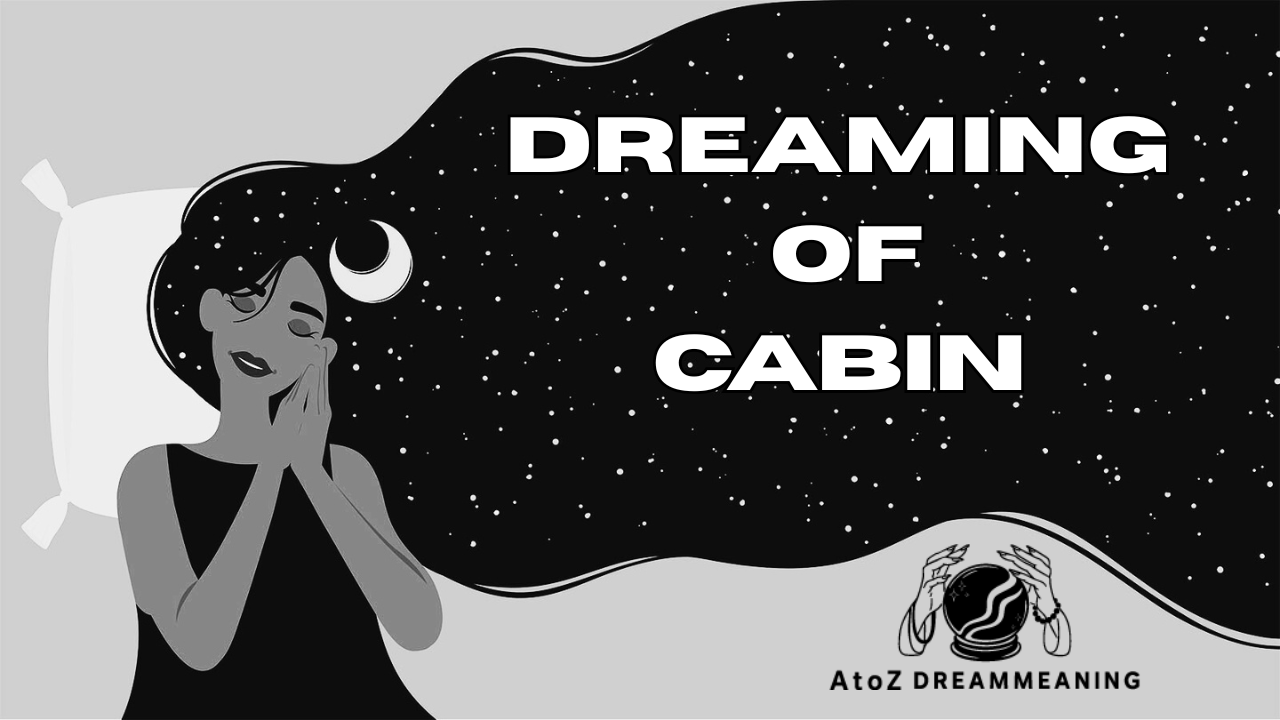False awakenings occur during extremely realistic dreams in which the dreamer believes they have awakened when in fact they are still dreaming. It’s not until you actually awaken a second time that you realize your first awakening was a dream.
Where do mistaken awakenings come from?
There isn’t a lot of literature exploring the nature of false awakenings and the factors that may contribute to them. The lack of information about the causes of episodes was surprising to me when I began looking for answers about my own experiences. Articles and studies about false awakenings tend to be buried within those about dreaming in general, lucid dreaming, and other sleep disorders, reflecting the elusive nature of the phenomenon itself.
Related: Braces On Your Teeth Dream Meaning
Reasons
Tension and fretting
Your dreams may reflect your current thoughts and worries about the past or the future. The threat simulation theory of dreaming, for instance, proposes that we frequently rehearse events, especially dangerous ones, in our dreams. The result may be more realistic dreaming, rather than the more fantastical kind. It stands to reason that, rather than soaring through the air in a fantastical world, we might fantasize about returning to our normal, mundane lives. Some people also maintain that one of the most important aspects of dreaming is the role that one’s expectations play in the process. It’s reasonable to anticipate poor sleep and nighttime awakenings when anxious, especially if you have a big day ahead and know you’ll need to get up early. Worrying about something in real life may have an impact on your dreams, leading to a false awakening.
True stories and regular occurrences
Dream proto-consciousness theory provides a plausible explanation. In 2011, researchers examined the phenomenon of false awakenings through the lens of this theory, which proposes that our innate schemes and everyday lives influence the content of our dreams. Because waking up is a daily occurrence, it can become something we daydream about.
Inconsistent mental processes
It has been argued that multiple states of consciousness coexist within the human brain. That’s why it’s possible that the same part of your brain that controls dreaming is also responsible for keeping you awake and aware. As a result, you might have lucid dreams about awakening. Environmental factors like sudden noise can also play a role, as can sleep disorders. There is some overlap between this and sleep paralysis, in which we regain consciousness as we emerge from the rapid eye movement (REM) sleep stage. To put it more simply, we are somewhere in between being fully awake and fully asleep.
Could it be a case of sleep paralysis or a false awakening?
Sleep paralysis, which can happen either when waking up or going to sleep, is sometimes misunderstood as a false awakening. Your body may be paralyzed, but your mind will be fully awake and aware during an episode of sleep paralysis. Some people have what amounts to a false awakening in which they have a nightmare about waking up in a helpless state. This can be unsettling both while dreaming and upon recollection upon awakening. The main distinction is that during sleep paralysis, actual physical paralysis occurs to prevent harm if you act out your dreams while in bed. Paralysis during a false awakening, on the other hand, occurs only in the dream. The next thing you know, you’ll be back to your normal self, waking up in bed.
Treatment
The good news is that false awakenings are not considered a sign of mental illness, so you can relax about them. The likelihood of having one at some point in your life is high, as they are surprisingly common. This means that they typically don’t need any kind of medical attention. Visit your primary care physician if they occur frequently, cause you distress, or interfere with your ability to sleep or perform daily activities. They could think about the following alternatives:
Helpful suggestions that can actually be put into practice to improve your nighttime rest
The possibility of a sleep disorder is being looked into.
Rehearsal in the waking state for a more vivid dream.
Controlling nervousness or tension.
Medication – when necessary.
Perhaps the best course of action is to treat it as an inevitable aspect of dreaming and try to relax about it. Alternatively, you can try to prevent them from happening, or you can use them to practice lucid dreaming, both of which are intriguing self-help options that might help.
False awakenings: a self-help guide
It’s one thing to have a true awakening after a false awakening dream, only to lie in bed thinking about how bizarre it was. Becoming conscious of it while the dream is still unfolding is a very different experience. But how does one achieve such self-awareness? Do you try to wake up if you have the realization that you are still asleep and dreaming, or do you just let it happen? Depending on how self-aware you are, you will have different preferences for how to respond to the second question.
Related: Purse Dream Meaning
Let’s examine some options for dealing with it when it occurs again
1. Recognizing a false awakening and what to do about it
Awakening from a dream state might not occur at all if you keep having false awakenings. It’s not uncommon to be a passive observer rather than an active participant in our dreams. Knowing you’re dreaming isn’t always enough to make you conscious again.
If you realize you’re still dreaming, you can try these things to see if they help you actually wake up:
Just tell yourself that you want to get up right now; that’s the simplest and most direct way to start.
Make an effort to direct your attention to moving a single toe or finger. If that doesn’t wake you up, try controlling your leg or arm.
Attempt rapid blinking.
Keep your attention fixed on one particular aspect of the dream.
See if you can catch a glimpse of yourself in a mirror.
Try your hand at a complicated movement like running, jumping, or dancing.
Having a certain degree of self-awareness is necessary for all of those methods, though. In a lucid dream, you either have it or you don’t. In order to prevent future false awakenings, it may help to review these options in your mind right before bed.
If you’re not in such a hurry to get up and like the sound of delving deeper into your nocturnal musings, let’s take a look at some options.
2. you can use a phantom awakening to enter a lucid dream.
a creative depiction of a sleeping woman
Intriguing as the concept of lucid dreaming may be, it may not appeal to you unless you have a thirst for adventure. Those with a keen interest in lucid dreaming (see, for instance, World of Lucid Dreaming) often report false awakenings as a possible bridge. Some aspects of the idea are simple. Start by making sure you’re still in a dream by checking your awareness. Then you should get up and walk around until your feet hurt. How do you know for sure that you’re not awake and having a nightmare? The theory suggests that you tell yourself that you’re going to start “reality checking” in your dreams. So, you should keep your fingers crossed.
3. Checking one’s realism
Here are some ways to perform a “reality check” and determine which side of the dreamworld your feet are actually on:
Make an effort to remember some data. Remembering concrete details like an address, phone number, or a person’s birthday can be challenging. You might be dreaming if you have trouble doing this.
You could, in your dream, try walking out the door. Something unexpected could materialize in the next room or down the hall.
Think about whether or not there is any writing in the dream. When dreaming, it’s not uncommon for letters or numbers to jumble or change the form, making reading difficult.
When in doubt, assume you are resting your eyes. It’s more likely than not that you are dreaming, despite the fact that your brain is capable of producing incredibly lifelike scenes.
Do a reality check if you find yourself performing a difficult task in your dream. Verify your appearance while you’re in the loo to see if anything seems off. Check to see if your breakfast tastes the same as usual. Examine the feel and texture of your bedding while you’re in bed.
Any of these actions, the theory goes, can make you realize you’re still dreaming. In the event that doesn’t jolt you awake, your mind is free to wander anywhere it pleases.
Don’t stress if you’ve never had the kind of awareness that would be required to do these things. Maybe thinking about the ideas presented here will help bring them to mind at a later date. However, it’s important to keep in mind that the various suggested methods to induce lucid dreaming still don’t have strong scientific backing.
Related: Big rock Dream Meaning



